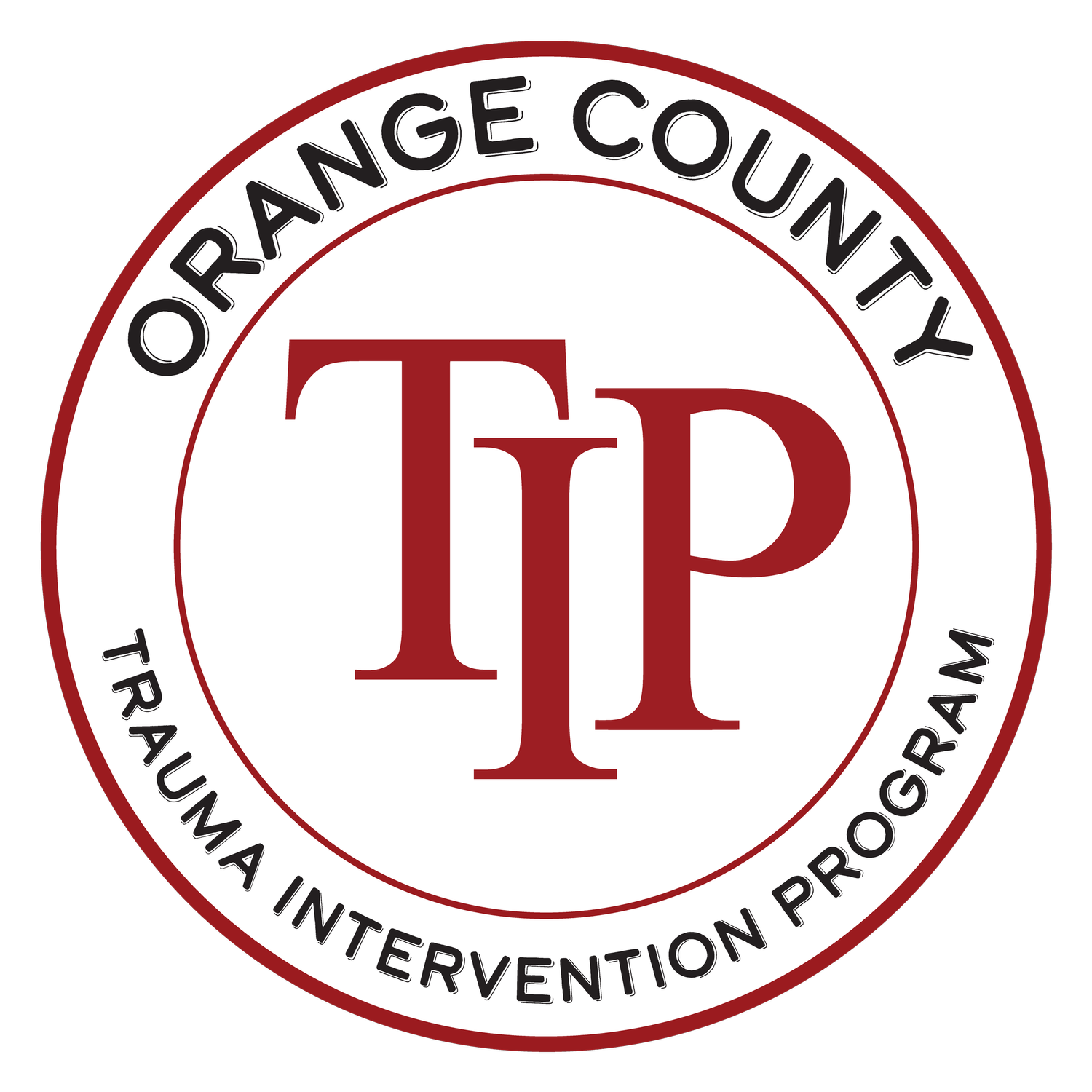
What to Expect
Over a 2 week period, you will go through an intense 55 hour training by certified TIP National Trainers on Emotional First Aid and Practical Care Support. After completion, volunteers enter into a 3-Month Field Training Program where each trainee is paired up with a veteran volunteer. After successful completion of the field training program, trainees graduate as TIP Volunteers. Together with monthly continuing education meetings, all volunteers are well prepared and ready to respond to 911 Emergency Calls with confidence and assurance.
Requirements:
Potential Volunteers understand and must:
Provide a $45.00 registration and materials fee.
Have a valid driver's license with working vehicle and cell phone.
Be a current resident in Orange County, CA.
Maintain a working cell phone, internet access and an email account (you must have frequent access to internet and email to be a Volunteer).
Have a personal GPS Navigation System for routing to calls.
Attend mandatory monthly CE Meetings which are held the 2nd Wednesday of each month.
Complete fingerprinting and pass criminal background investigation.
Provide a clean DMV driving record printout (available online through each State’s website).
Provide a copy of auto insurance Declarations Page reflecting current coverage.
Be scheduled for 3 "on call" shifts per month for 12 hours each shift, 7am-7pm OR 7pm-7am. You provide your availability for the month and 3 of those dates are scheduled for your shifts.
Interested in becoming a TIP Volunteer?
Late Summer Fall 2025 Academy
Dates TBD
Fill out the form or give us a call @ 949-354-3355 to register.
Training Academy
TIP Affiliates across the nation conduct Training Academies designed to equip local residents to be TIP Volunteers. The Academy is a 55-hour course which residents interested in joining TIP must complete. The Academy is taught by National Trainers, emergency responders, survivors and local TIP Volunteers. It covers the following topics:
• Understanding Survivors
• Emotional First Aid
• Working Effectively in the Emergency System
• Helping family members after a death in the family
• Safety and Street Smarts
• TIP Policies and Procedures
The Training Academy utilizes a variety of teaching methods including lecture, audio-visual, role playing, guest speakers, demonstrations, mentoring, ride alongs and hospital tour.



